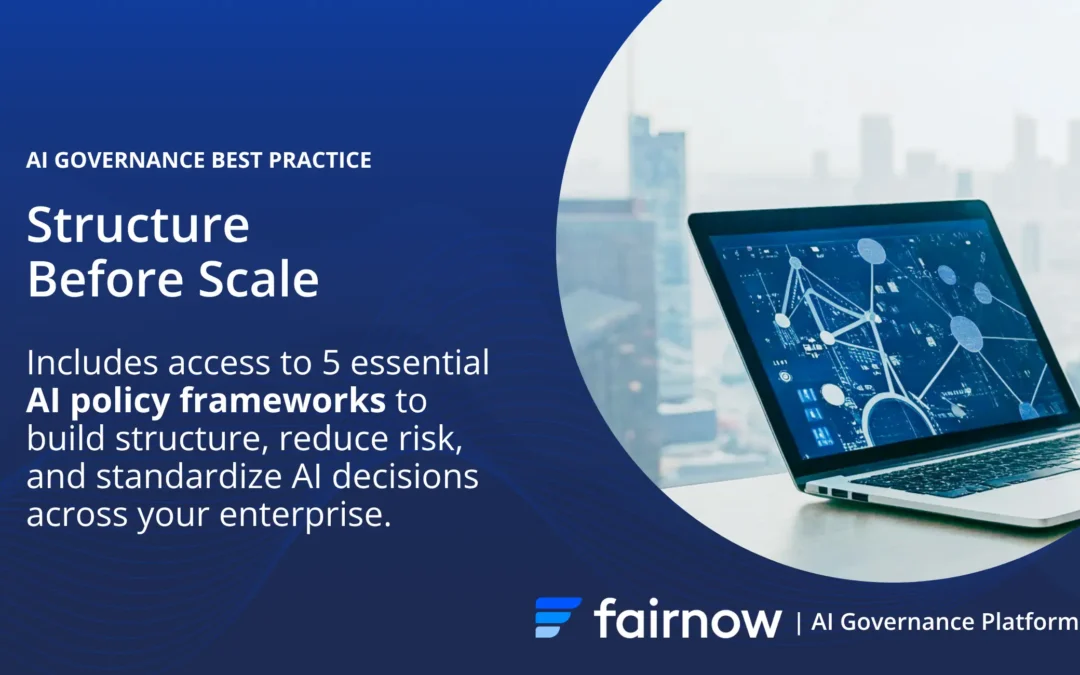What Is Artificial Intelligence (AI)? The Simple Definition
Artificial Intelligence (AI) refers to the simulation of human intelligence in machines or computer systems.
The Technical Definition
Artificial Intelligence (AI) refers to the field of computer science and engineering that focuses on creating and developing intelligent machines capable of performing tasks that typically require human intelligence.
These tasks include problem-solving, learning, understanding natural language, recognizing patterns, and making decisions based on data and experience. AI involves the development of algorithms, models, and systems that enable machines to mimic or simulate human-like cognitive functions and adapt to new situations.
Explain It Like I’m Five
AI is like teaching a computer to think and make decisions like a smart person. It learns from information and can do things like recognize pictures, understand what you say, and help with problems. It’s like having a robot friend that learns and helps you do tasks.
Use It At The Water Cooler
How to use “artificial intelligence” in a sentence at work:
“In our HR department, we’ve integrated artificial intelligence to streamline our candidate screening process, helping us identify the most qualified candidates more efficiently and making our hiring process more effective.”


